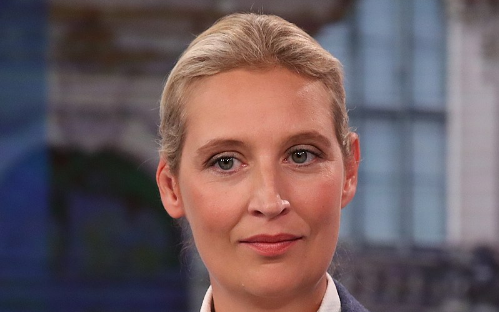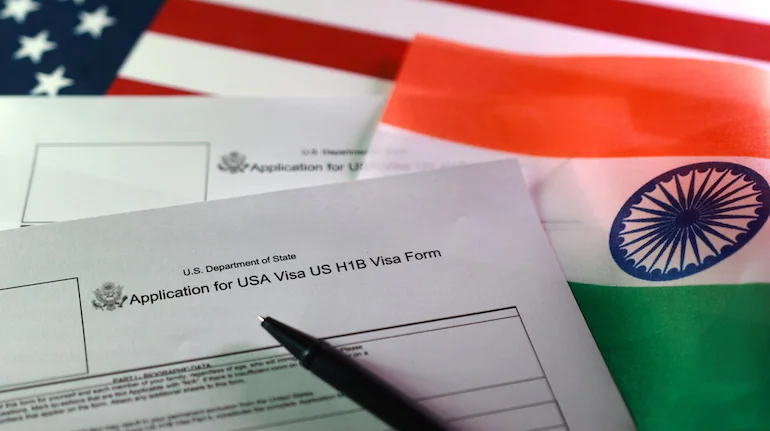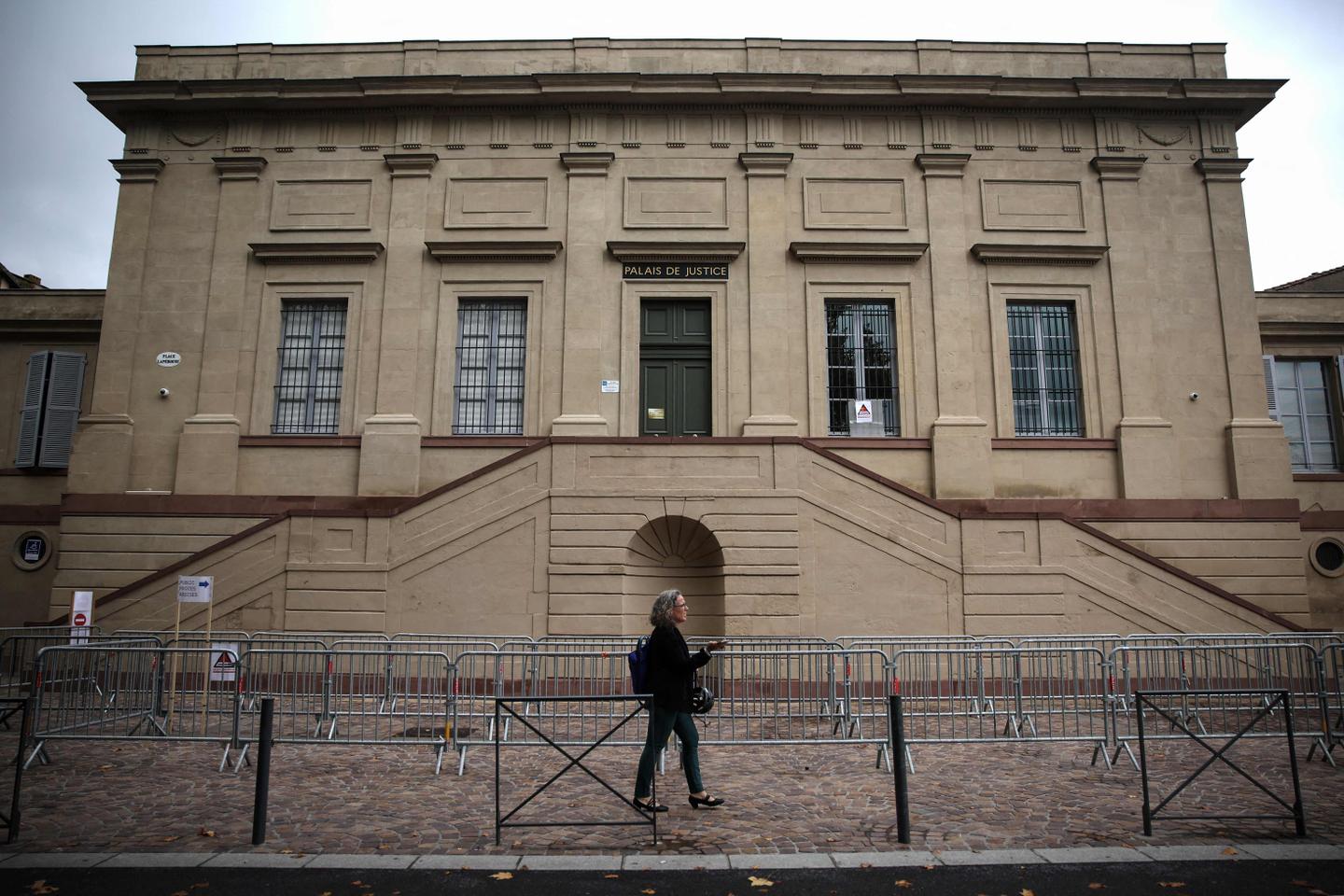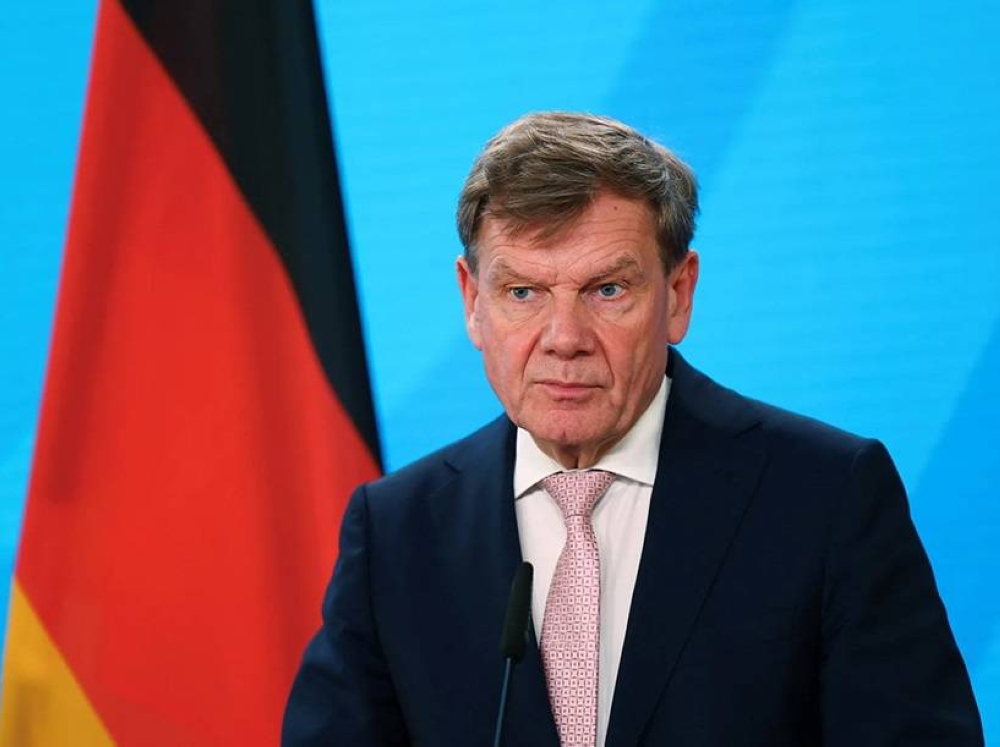German Far-Right Party AfD Fails to Gain Ground in Local Elections
Despite increasing media attention and rising poll numbers, the far-right Alternative für Deutschland (AfD) party continues to struggle to gain real power in Germany. In the municipal elections of September 28, 2025, in North Rhine-Westphalia, Germany's most populous state, the AfD suffered a significant setback, failing to win any mayoralties in major cities.
AfD's Defeat in Key Cities
The AfD contested mayoral positions in three major cities: Duisburg (population 500,000), Gelsenkirchen (260,000), and Hagen (190,000). Their candidates were defeated by wide margins, highlighting the enduring strength of the democratic consensus in these industrial centers.
- In Duisburg, incumbent social democrat Sören Link secured a decisive victory over Carsten Groß of the AfD, winning 78.6% of the vote compared to Groß's 21.4%.
- In Gelsenkirchen, Andrea Henze (SPD) defeated Norbert Emmerich (AfD) with 66.5% of the vote against 33.5%.
- In Hagen, Dennis Rehbein (CDU - Christian Democratic Union) triumphed over Michael Eiche (AfD), securing 70% of the vote compared to Eiche's 30%.
Although the AfD had tripled its results in the first round of voting on September 14 and advanced to the run-off elections, the "democratic wall" held firm. The party will not hold any mayoral positions in the major cities of North Rhine-Westphalia, nor does it govern in any federal state.
The Industrial West Rejects the Far Right
The Ruhr region, a historical stronghold of social democracy, was seen as a potential testing ground for the far right. The AfD sought to exploit concerns about immigration and its impact on the welfare state, targeting voters in old industrial cities struggling with deindustrialization. While the party has demonstrated its ability to expand beyond its traditional base in eastern Germany, it has so far been unable to break through the established political order in the west.
A key factor in the AfD's defeat was the united front presented by other parties. Social Democrats, Christian Democrats, Greens, and Liberals closed ranks to prevent the AfD from gaining control of local governments. This coordinated effort has, for now, proven successful in containing the party's influence.
A Respite for Chancellor Merz
The election results provide some relief for Chancellor Friedrich Merz (CDU), who has been facing declining poll numbers and divisions within his coalition government. His party, the CDU, can celebrate winning the mayorship of Dortmund (600,000 inhabitants), a city that had been governed by the SPD for 80 years. This symbolic victory contrasts sharply with the AfD's inability to govern even a single major city.
The message from these elections is clear: the far right may be gaining traction in opinion polls, influencing political debates, and shaping the media agenda. However, when it comes to wielding real power in cities with hundreds of thousands of residents, voters are still able to prevent its advance. The AfD may claim progress, but in reality, it remains outside the halls of power, without control of any significant city or federal state. It's a wolf that howls, but has yet to bite.
| Election | Location | SPD Result | AfD Result |
|---|---|---|---|
| Duisburg Mayoral | Duisburg | 78.6% | 21.4% |
| Gelsenkirchen Mayoral | Gelsenkirchen | 66.5% | 33.5% |
| Hagen Mayoral | Hagen | 70% (CDU) | 30% |
Sources: spanishrevolution.net & elpais.com
 Visit the website
Visit the website







